What Happened to Claudia Cardinale, Dead at 87: One of the Last Divas of Classic Cinema Passes Away
She passed away at her home in Nemours, France, with her children by her side, and the cause of death has not been publicly revealed
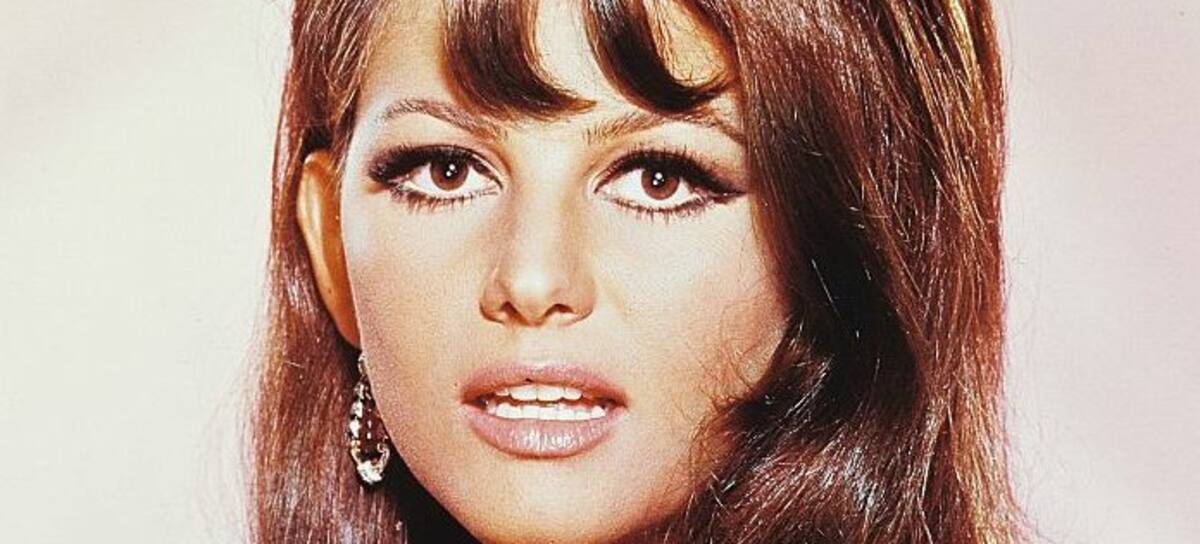
Italian actress Claudia Cardinale, circa 1970. (Photo by Silver Screen Collection/Getty Images)
Claudia Cardinale, the iconic Italian actress celebrated for her roles in European cinema classics like Federico Fellini’s 8½ and Luchino Visconti’s The Leopard, passed away on Tuesday, September 23, 2025, at the age of 87. She died at her home in Nemours, France, surrounded by her children. While her agent, Laurent Savry, confirmed the news, the exact cause of her death has not been publicly disclosed.
Born on April 15, 1938, in La Goulette, Tunisia, to Sicilian parents, Cardinale began her film career after winning a beauty contest in 1957. She quickly rose to prominence in Italian cinema, starring in over 100 films. Known for her striking beauty and distinctive voice, she portrayed strong and sensual female characters in films such as The Leopard, 8½, Once Upon a Time in the West, and The Pink Panther. Her performances earned her numerous accolades, including a Golden Lion for Lifetime Achievement at the Venice Film Festival in 1993.
David Lisnard, mayor of Cannes, was among the first to react: “Her talent was matched only by her fiery beauty. Her career was a masterpiece in itself. Claudia Cardinale leaves an indelible mark on the history of cinema and, intrinsically, on that of Cannes.” She had even been featured on the poster of the Cannes Film Festival during its 70th edition.
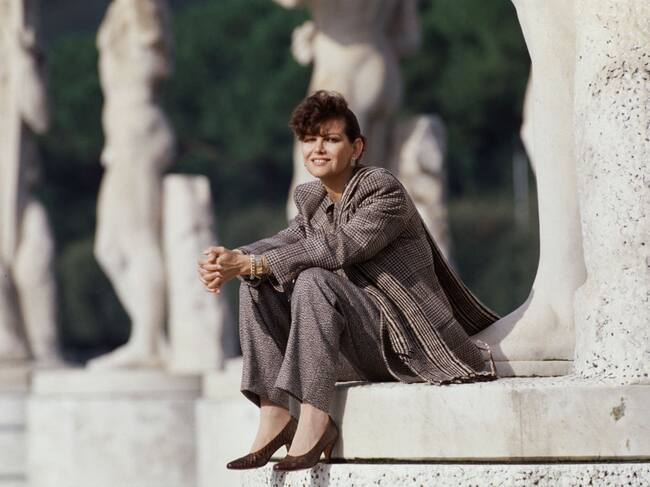
Italian actress Claudia Cardinale at the Stadio Olimpico in Rome, Italy, on November 1, 1984. Julio Donoso/Sygma via Getty Images / julio donoso
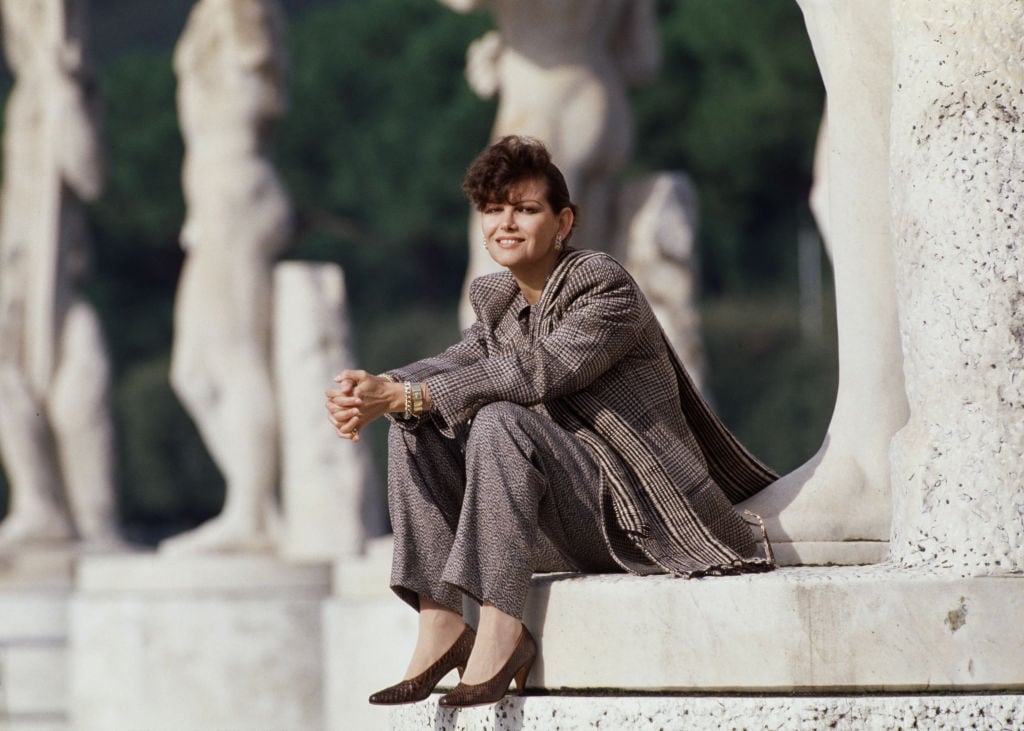
Italian actress Claudia Cardinale at the Stadio Olimpico in Rome, Italy, on November 1, 1984. Julio Donoso/Sygma via Getty Images / julio donoso
Humble Origins, Star Destiny
Born on April 15, 1938, in La Goulette, a neighborhood in Tunis, to a family of Sicilian immigrants, Claudia Joséphine Rose Cardinale’s destiny was already intertwined with cinema, even if she didn’t know it yet. The eldest of four siblings, she was raised with an Italian cultural heritage while living in a French protectorate.
Her beauty was recognized early. As a young woman, she won a beauty contest in Tunisia (“The Most Beautiful Italian Girl in Tunisia”), which opened doors to the Italian film industry and, soon after, the international stage. The contest earned her an invitation to the Venice Film Festival, marking the beginning of a career that would navigate art cinema, aesthetic commitments, and roles that demanded more than just looks.
She made her debut alongside Omar Sharif in Goha (1958), gaining recognition in Hollywood.
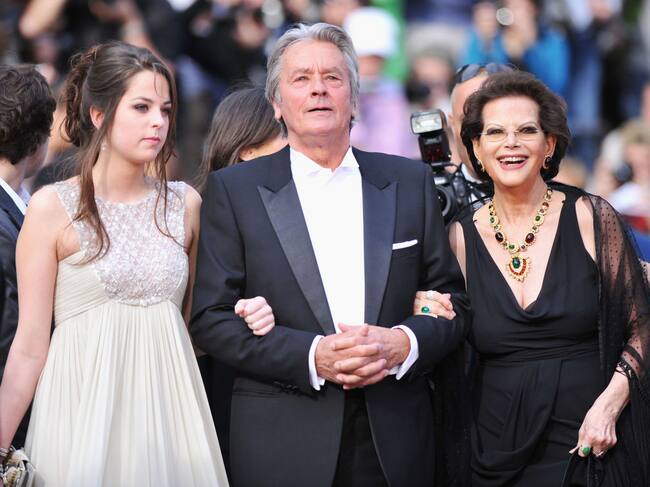
Actress Claudia Cardinale, actor Alain Delon, Anouchka Delon attend the «IL Gattopardo» Premiere at the Palais des Festivals during the 63rd Annual Cannes Film Festival on May 14, 2010 in Cannes, France. Pascal Le Segretain/Getty Images / Pascal Le Segretain
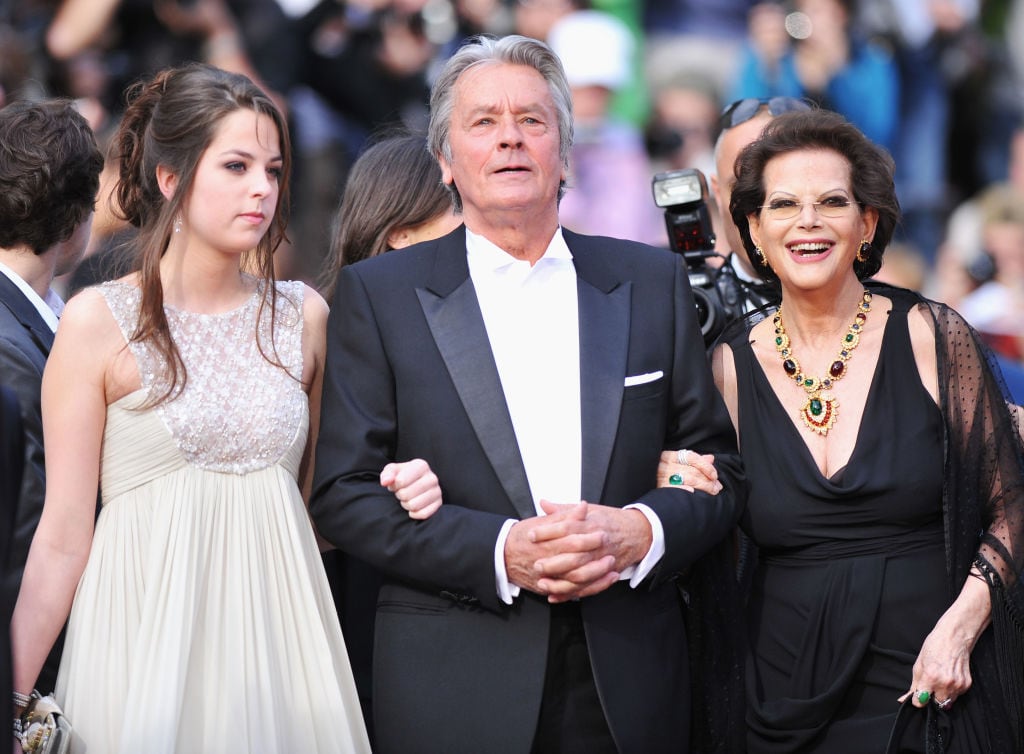
Actress Claudia Cardinale, actor Alain Delon, Anouchka Delon attend the «IL Gattopardo» Premiere at the Palais des Festivals during the 63rd Annual Cannes Film Festival on May 14, 2010 in Cannes, France. Pascal Le Segretain/Getty Images / Pascal Le Segretain
In the Shadow of Great Directors
Cardinale’s filmography reads like a roll call of essential European directors from cinema’s golden age: Fellini, Visconti, Leone. Roles in 8½, The Leopard, The Lover of Mussolini, The Oil Sisters, and The Pink Panther, among many others, established her as both a muse and a creative force.
She displayed not only grace in front of the camera but courage in choosing complex characters—women of contradictions, pain, strength, sensuality, and dignity. Refusing to be typecast, her talent earned her awards, admiration, and a career spanning decades.
She shared the screen with legendary actors such as John Wayne, Rita Hayworth, Anthony Quinn, Brigitte Bardot, and Burt Lancaster, during cinema’s golden era.
Personal Battles and Resilience
Behind her elegance and smile, Cardinale endured hardship. At 17, she survived sexual assault, resulting in the birth of her son Patrick, whose paternity she had to keep secret for years to protect her image.
She also endured a period under the strong control of producer Franco Cristaldi, who influenced both her career and personal life while they were married. The eventual breakup was not only personal but also a statement of independence.
She maintained that the only man in her life was Neapolitan filmmaker Pasquale Squitieri, who passed away in 2017. She fell in love with him while filming I guappi (1974), and they had her second daughter, Claudia.
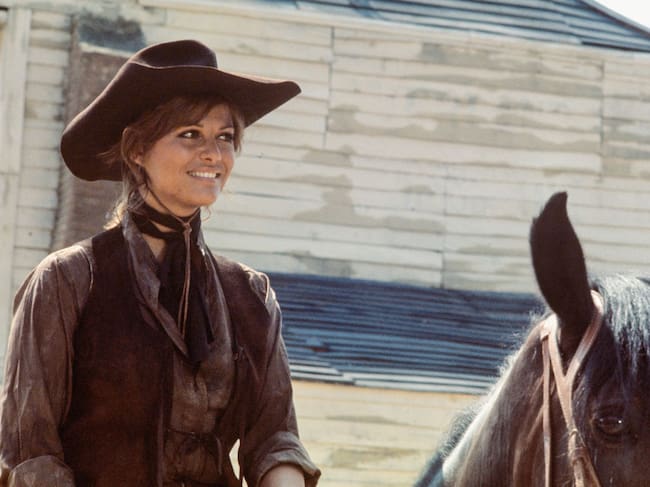
The Italian actress Claudia Cardinale during the filming of the movie «Las Petrolerasl», 1971, Colmenar Viejo, Madrid, Spain. (Photo by Gianni Ferrari/Cover/Getty Images). / Gianni Ferrari
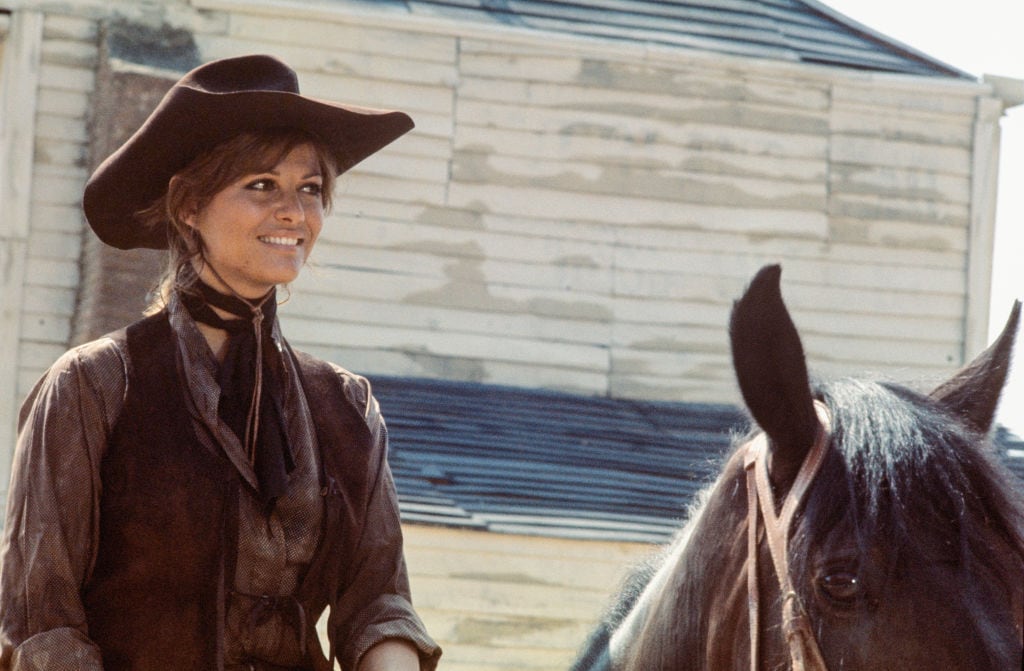
The Italian actress Claudia Cardinale during the filming of the movie «Las Petrolerasl», 1971, Colmenar Viejo, Madrid, Spain. (Photo by Gianni Ferrari/Cover/Getty Images). / Gianni Ferrari
Recognition and Legacy
An actress of over 100 films—some sources say nearly 130—Cardinale became a muse, a reference, and a source of inspiration for many. She received lifetime achievement awards, including the Golden Lion in Venice and honors in Berlin, remaining a respected voice until her final years.
She was also a woman of convictions: she rejected easy roles, refused to be merely an object of admiration, and upheld dignity amidst the pressures of the star system.
In Hollywood, supported by friends like Alfred Hitchcock, Barbra Streisand, and Steve McQueen, she never felt at home and ultimately returned to Europe, spending her later years in Paris, away from the media scrutiny of Rome.
She championed many causes, including environmental protection and the fight against gender-based violence, even creating her own foundation.
Farewell Reactions
Her death has sparked tributes across Europe and the world. Film critics spoke of “an era ending” and “the last great diva of European classic cinema.” Publications like Le Figaro, Libération, and La Repubblica featured her on their covers, and France, Italy, and Tunisia mourned her passing.
Colleagues and young actors highlighted her influence: learning from Cardinale meant learning to balance beauty with character, glamour with authenticity.
On social media, fans remembered iconic scenes: her role as Angelica in The Leopard, her performance in Once Upon a Time in the West, her laughter, her gaze. Thousands shared photos, interview clips, film fragments, and pure energy from her presence.
The Echo of Her Presence
Claudia Cardinale loved cinema, lived it passionately, and transformed it with her personality: sensitive, rebellious, free. She was not only a great beauty but beauty with a voice, presence with decisiveness, an actress with consciousness.
She once said she had portrayed many lives: the seductress, the revolutionary, the mother, the victim, the one who loves intensely, the one who walks without permission. It is this multitude of lives that makes her passing feel like cinema itself has lost some of its most authentic possibilities.
Claudia Cardinale may be gone, but her legacy remains—her films, her gestures, and her embodiment of womanhood in a time that expected submission. A legend departs, but her light endures.
Read the article in Spanish by Cristina Zavala on LOS40.com
